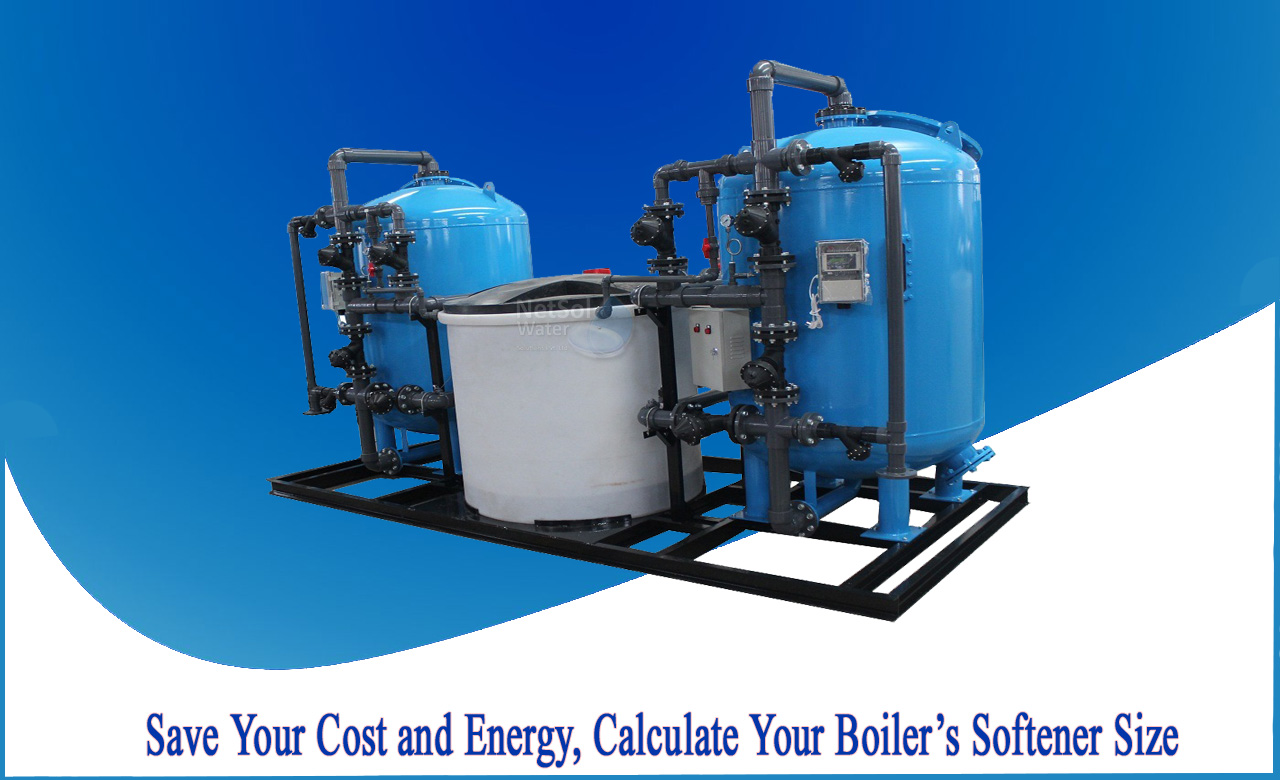INTRODUCTION
Boilers gradually lose efficiency as they are used. Inefficient boilers raise the cost of electricity, gas, and maintenance. Improper water treatment is one of the leading causes of decreased boiler performance. Treatment is an essential component of any boiler maintenance plan. Including a water softener in your maintenance plan can help keep your boiler in good working order.
What is boiler water softener?
Boilers inevitably lose efficiency as they are used. Inefficient boilers raise electrical, gas, and maintenance costs. Improper water treatment is a major cause of decreased boiler performance. Treatment is an essential component of any boiler maintenance protocol. Including a water softener in your maintenance plan can help to keep your boiler in good working order.
CHEMICAL PROCESS WITHIN WATER SOFTENER
Ions that are "positively" charged include magnesium, iron, and calcium. Positively charged ions react with negatively charged ions, causing minerals to adhere to the inner wall of the boiler. This process results in scaling. A water softener will remove positively charged ions from the liquid using resin beads to prevent scaling. After sitting in a brine containing salt and potassium, both of which are negatively charged minerals, the beads acquire a negative charge. As the liquid flows through the resin tank, positively charged ions are attracted to negatively charged beads and are drawn out of the mixture. This ion exchange process can remove a significant amount of negatively charged ionic particles, resulting in softer water.
CLEANING PROCESS IN A WATER SOFTENER
The regeneration cycle liberates negatively charged ions from the resin beads, allowing them to continuously remove hardness from the water. The regeneration process involves flushing out the solids, introducing new brine, and washing the resin beads through the new brine to recharge them. This cleaning procedure takes approximately one to two hours.
One or two brine tanks can be used in regeneration systems. Because there are two tanks, one set of beads is always working and cleaning, reducing downtime. With only one tank, the hard water and brine must be flushed and replaced on a regular basis to remove hardness and regenerate the beads.
NETSOL INDUSTRIAL SOFTENER: SAVES COST AND ENERGY
The Industrial Boiler Energy Savings Guide below calculates how much money, energy, and water can be saved by incorporating an industrial RO system into your water treatment process between your existing industrial water softener and low to medium pressure boiler. It does not calculate chemical savings, but the use of boiler treatment chemicals will be drastically reduced, and chemical costs will be reduced by 50-90 percent.
The Industrial Reverse Osmosis and Industrial Softener Water Savings Guide computes the theoretical increased boiler cycles achieved by removing TDS and alkalinity from the water. Running the boiler with less blow-down improves efficiency and reduces the environmental impact of your boiler, saving energy, water, money, and chemicals.
Industrial Reverse Osmosis (RO) Systems significantly reduce Total Dissolved Solids (TDS) and alkalinity. Of all available systems, industrial reverse osmosis water will produce the best quality water and the most boiler cycles.
Netsol Water is Greater Noida-based leading water & wastewater treatment plant manufacturer. We are industry's most demanding company based on client review and work quality. We are known as best commercial RO plant manufacturers, industrial RO plant manufacturer, sewage treatment plant manufacturer, Water Softener Plant Manufacturers and effluent treatment plant manufacturers. Apart from this 24x7 customer support is our USP. Call on +91-9650608473, or write us at enquiry@netsolwater.com for any support, inquiry or product-purchase related query.



